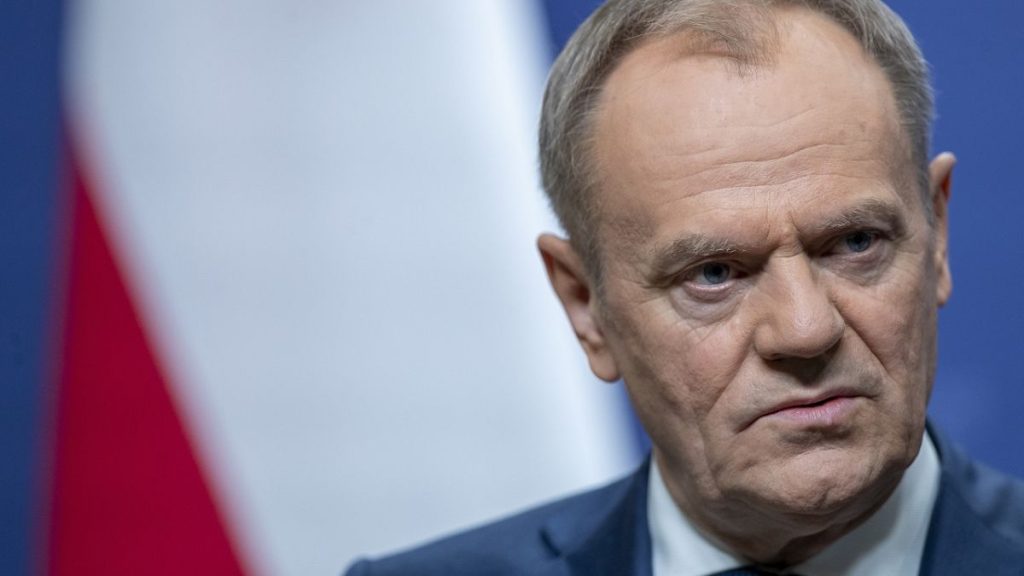Poland’s Prime Minister, Donald Tusk, recently announced that construction of the “East Shield” project will start earlier than planned, with work expected to begin by the end of the year. This initiative is aimed at bolstering the country’s eastern borders with Russia and Belarus, featuring military fortifications, physical barriers, airspace monitoring systems, and electronic equipment. The project will see the construction of fortifications spanning approximately 800 kilometres, with a timeline of four years for completion. Tusk observed initial exercises for the project at a military training ground in Orzysz, where scenarios involving enemy forces crossing the border, overcoming barriers, and establishing fire contact were simulated.
Several other NATO members, including the Baltic states and Finland, are also engaged in strengthening their borders with Russia. The Baltic states recently initiated the “Baltic Defence Line” project, while Finland is contributing to the efforts. Tusk emphasized that this is a joint venture, with cooperation from multiple nations. Funding for these projects will be discussed in Brussels, with Tusk stating that European funds will be sought in addition to national financing. He underscored the importance of protecting Polish and European borders, emphasizing that security is non-negotiable and expressing gratitude for cooperation from countries like Britain and the United States.
The decision to accelerate the “East Shield” project reflects a sense of urgency in fortifying Poland’s borders in the face of potential threats. Tusk’s presence at the exercises highlights the government’s commitment to enhancing national security through strategic defence measures. By engaging in joint initiatives with other NATO members, Poland aims to create a united front in safeguarding borders against potential adversaries. Tusk’s emphasis on European funding signals a collaborative approach to enhancing regional security, indicating a willingness to work together to address common security concerns.
The construction of the “East Shield” project underscores Poland’s proactive stance in ensuring the safety and security of its citizens and territory. With exercises already underway and construction set to begin in the near future, the government is taking concrete steps to strengthen defence capabilities along the eastern border. The involvement of multiple NATO members in similar initiatives reflects a broader commitment to reinforcing security in the region, with a focus on collective defence and cooperation. By combining resources and expertise, these countries are working together to address shared security challenges and protect common interests.
As discussions on funding progress in Brussels, Poland remains dedicated to its goal of enhancing border security through the “East Shield” project. Tusk’s announcements signal a commitment to seeing the initiative through to completion, with a focus on ensuring the safety and stability of not only Poland but also the broader European region. The cooperation of countries like Britain and the United States further demonstrates the importance of working together to address common security threats. By prioritizing border fortifications and defence measures, Poland aims to create a strong deterrent against potential aggression while fostering a sense of unity and collaboration among NATO allies in the pursuit of shared security objectives.
In conclusion, the construction of the “East Shield” project represents a significant step towards enhancing Poland’s defence capabilities and securing its eastern borders. The joint efforts with other NATO members underscore a commitment to collective security and a shared responsibility for regional stability. By accelerating construction and seeking European funds for the project, Poland is demonstrating a proactive approach to addressing security challenges and working collaboratively with allies to bolster border defences. Tusk’s leadership in overseeing the project and engaging with partner nations reflects a commitment to safeguarding national and European security interests. As the project moves forward, Poland is poised to strengthen its position within the NATO alliance and contribute to a broader strategy of ensuring peace and security in the region.


